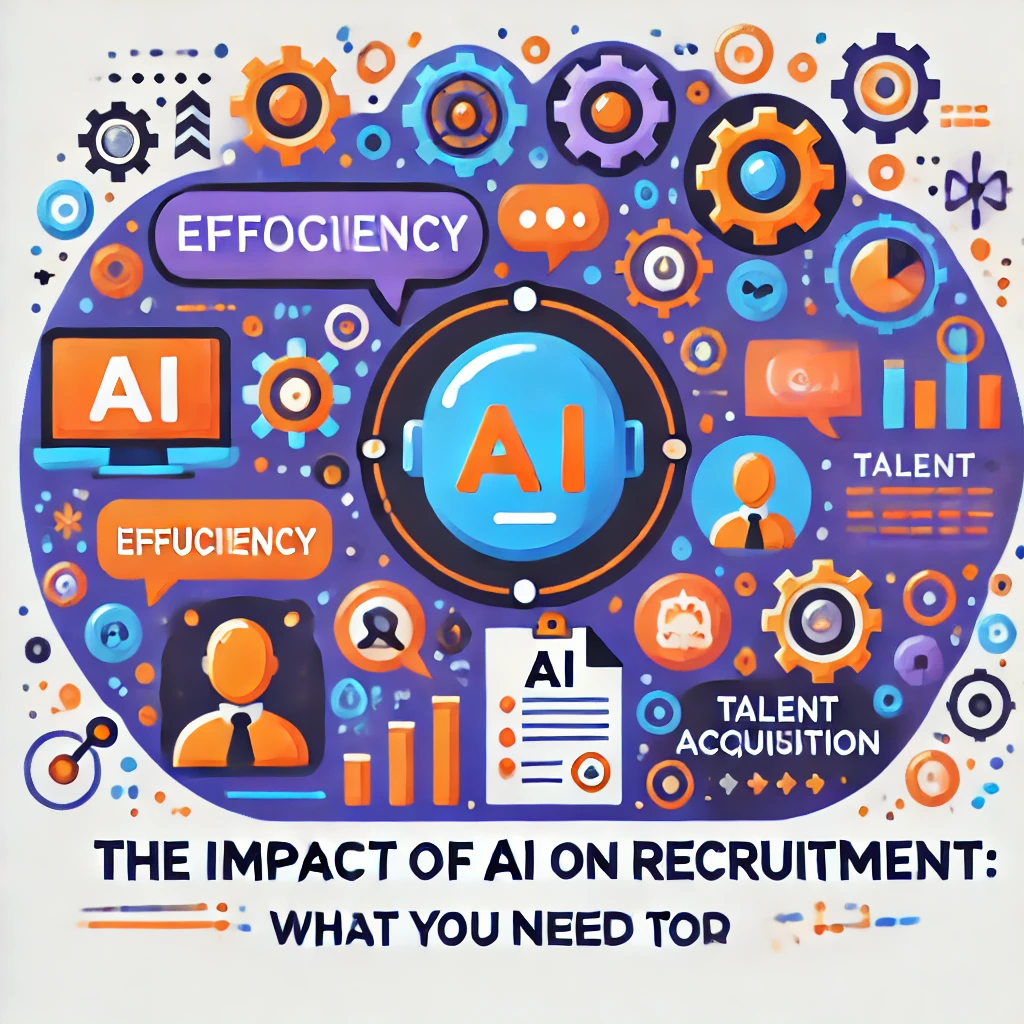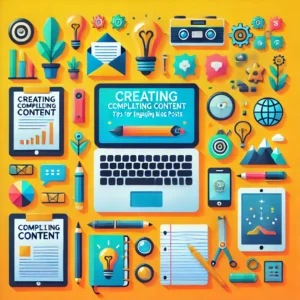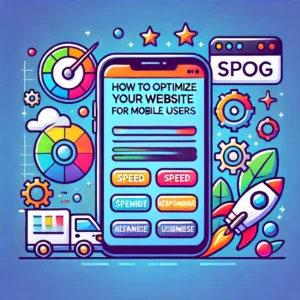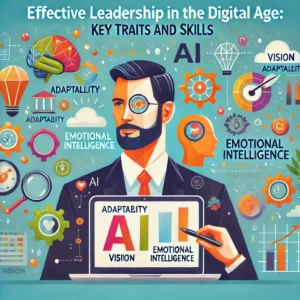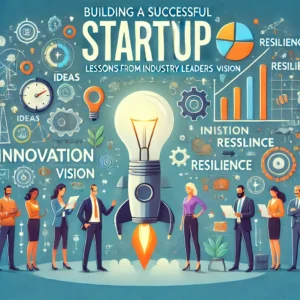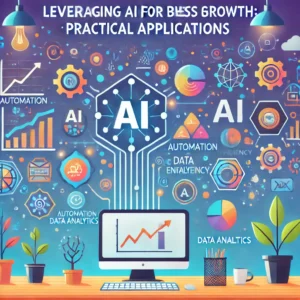Artificial Intelligence (AI) is revolutionizing various industries, and recruitment is no exception. The integration of AI in recruitment processes is transforming how companies attract, screen, and hire talent. Understanding the impact of AI on recruitment can help businesses leverage these technologies to enhance efficiency, reduce bias, and improve the candidate experience. Here’s what you need to know about the impact of AI on recruitment.
1. Streamlining the Recruitment Process
AI can significantly streamline the recruitment process by automating repetitive and time-consuming tasks. From job posting to candidate screening, AI-powered tools can handle various stages of recruitment with greater efficiency. This allows recruiters to focus on more strategic activities, such as engaging with top candidates and improving employer branding.
2. Enhancing Candidate Sourcing
AI can enhance candidate sourcing by leveraging algorithms to identify potential candidates across multiple platforms. AI tools can analyze vast amounts of data from job boards, social media, and professional networks to find candidates that match specific job requirements. This not only expands the talent pool but also helps in finding passive candidates who may not be actively seeking new opportunities.
3. Improving Candidate Screening
AI-powered screening tools can evaluate resumes and applications more quickly and accurately than traditional methods. These tools use natural language processing (NLP) to analyze keywords, experience, and qualifications, ranking candidates based on their suitability for the role. This reduces the time spent on manual resume reviews and ensures that only the most qualified candidates move forward in the process.
4. Reducing Bias in Hiring
Bias in recruitment can lead to a lack of diversity and missed opportunities for organizations. AI can help reduce bias by standardizing the evaluation process and making data-driven decisions. AI algorithms can be designed to focus on objective criteria, such as skills and experience, rather than subjective factors. However, it’s important to regularly audit AI systems to ensure they do not inadvertently perpetuate existing biases.
5. Enhancing Candidate Experience
AI can improve the candidate experience by providing timely and personalized communication. AI-powered chatbots can answer candidate queries, schedule interviews, and provide updates on application status 24/7. This level of responsiveness helps keep candidates engaged and informed, leading to a more positive overall experience.
6. Predictive Analytics for Better Hiring Decisions
Predictive analytics powered by AI can provide valuable insights to improve hiring decisions. By analyzing historical hiring data and performance metrics, AI can predict which candidates are likely to succeed in specific roles. This enables recruiters to make more informed decisions, reducing the risk of bad hires and improving employee retention rates.
7. Automating Interview Scheduling
Coordinating interviews can be a logistical challenge, especially when dealing with multiple candidates and interviewers. AI can automate the scheduling process by identifying mutually available times and sending calendar invites. This reduces the back-and-forth communication and streamlines the scheduling process, saving time for both recruiters and candidates.
8. Analyzing Candidate Fit
AI tools can assess candidate fit beyond just skills and qualifications. By analyzing behavioral data, such as communication style and personality traits, AI can determine how well a candidate aligns with the company’s culture and values. This holistic approach helps in selecting candidates who are not only qualified but also a good cultural fit.
9. Enhancing Onboarding Processes
AI can also play a role in improving onboarding processes. AI-powered platforms can provide new hires with personalized onboarding plans, training modules, and resources. This helps new employees acclimate to their roles more quickly and efficiently, leading to higher job satisfaction and productivity.
10. Continuous Improvement and Adaptation
The recruitment landscape is constantly evolving, and AI systems can adapt to these changes. By continuously learning from new data, AI algorithms can improve their accuracy and effectiveness over time. This adaptability ensures that recruitment processes remain efficient and aligned with industry best practices.
Conclusion
The impact of AI on recruitment is profound, offering numerous benefits such as increased efficiency, reduced bias, and enhanced candidate experience. By leveraging AI technologies, businesses can streamline their recruitment processes, make more informed hiring decisions, and build a more diverse and capable workforce. However, it is essential to approach AI implementation thoughtfully, ensuring that AI systems are regularly audited and updated to maintain fairness and effectiveness. Embracing AI in recruitment can help organizations stay competitive in the rapidly changing job market and attract the best talent for their needs.

